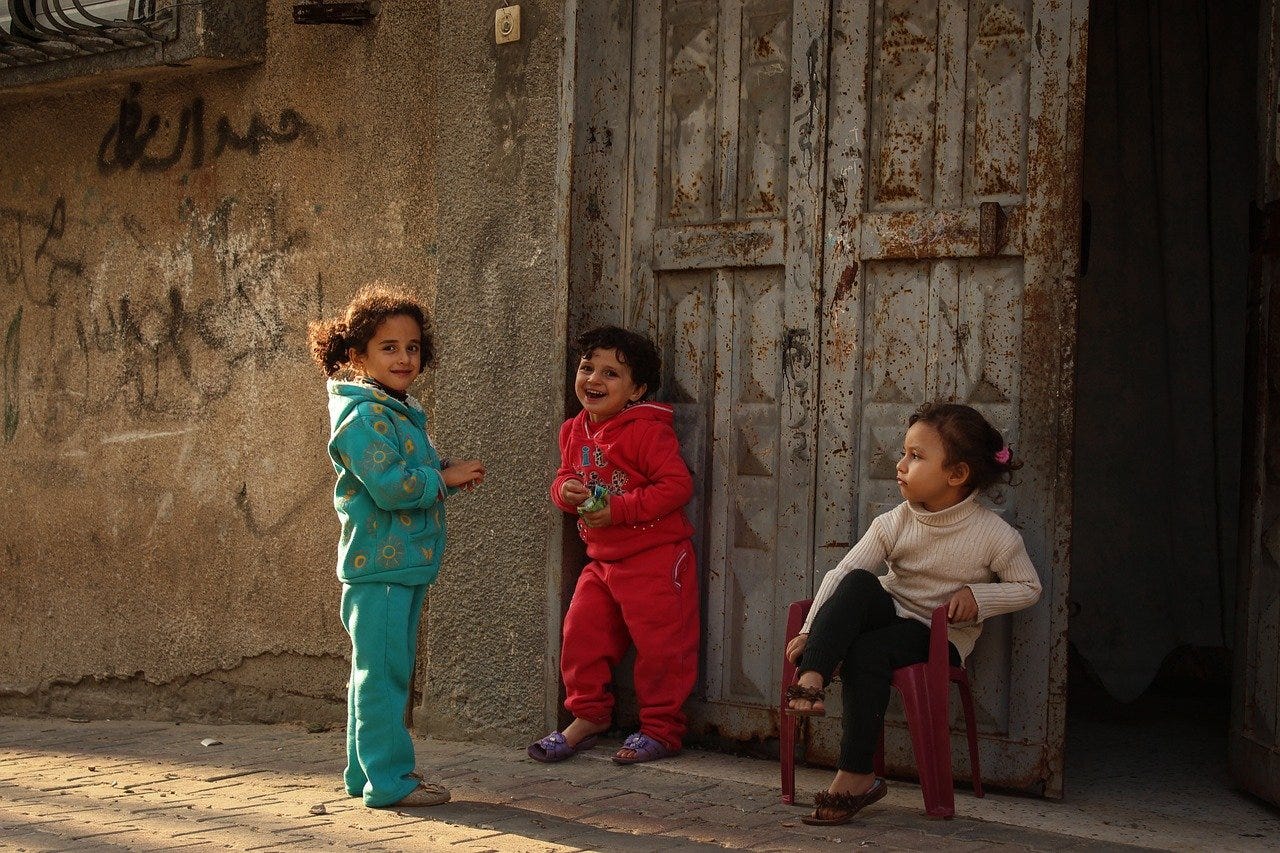Reaction to Israel-Hamas war exposes huge divide in American Christianity
Non-evangelicals far more likely to call for protection of Palestinians

Public statements by Christian denominations and leaders show a sharp divide in how American organized Christianity is responding to the war between Israel and Hamas: Although nearly all condemned Hamas atrocities and most acknowled…


